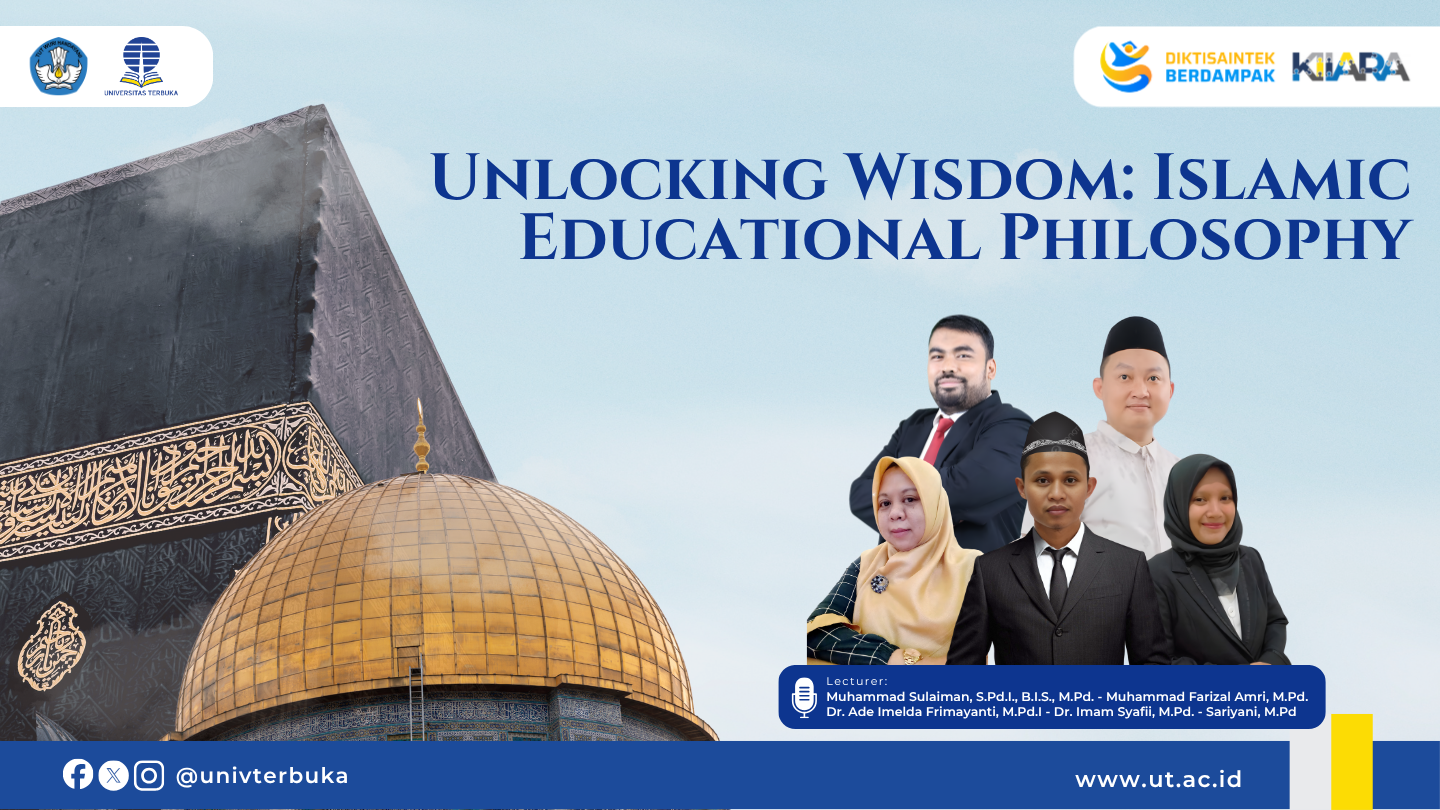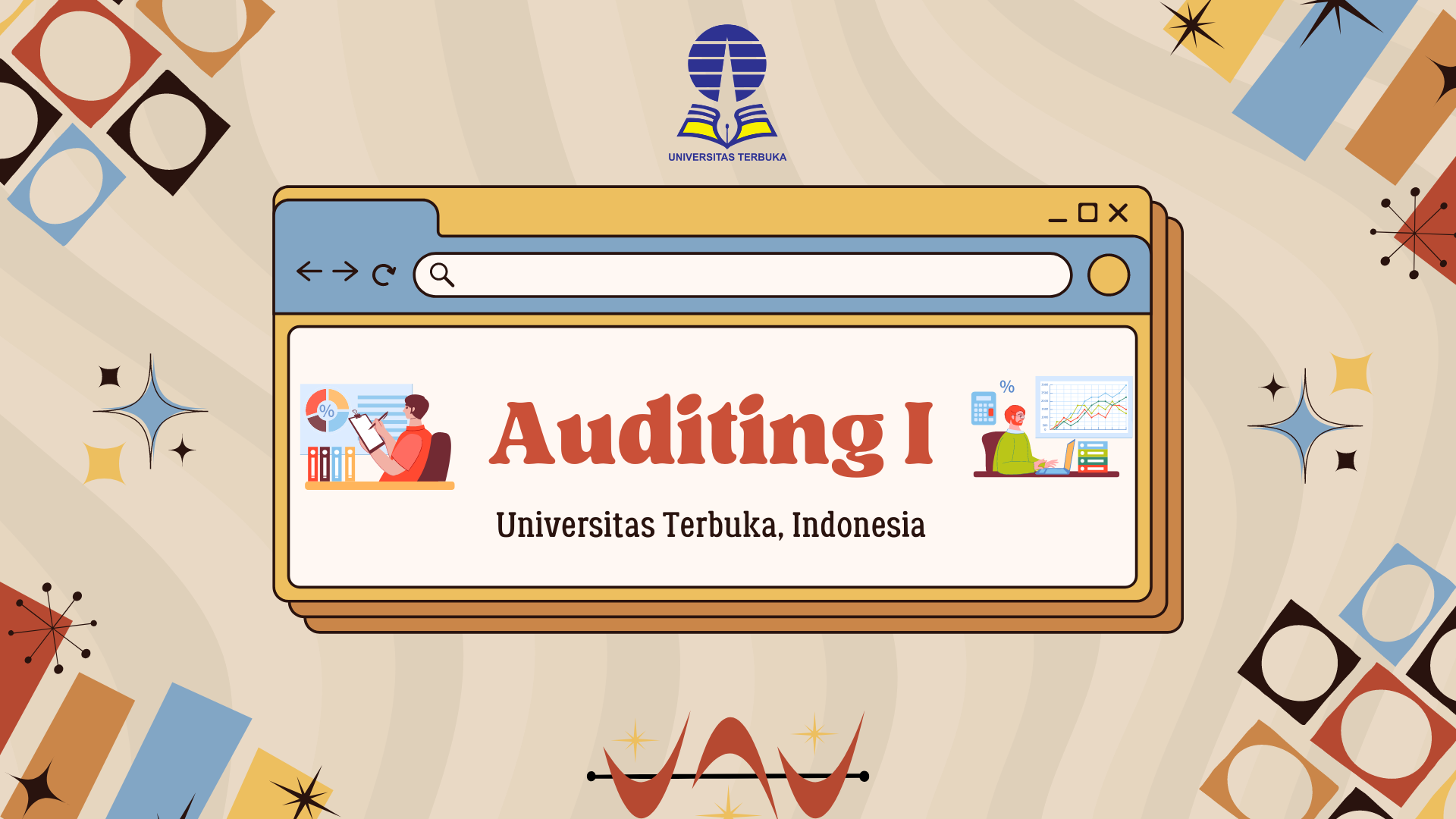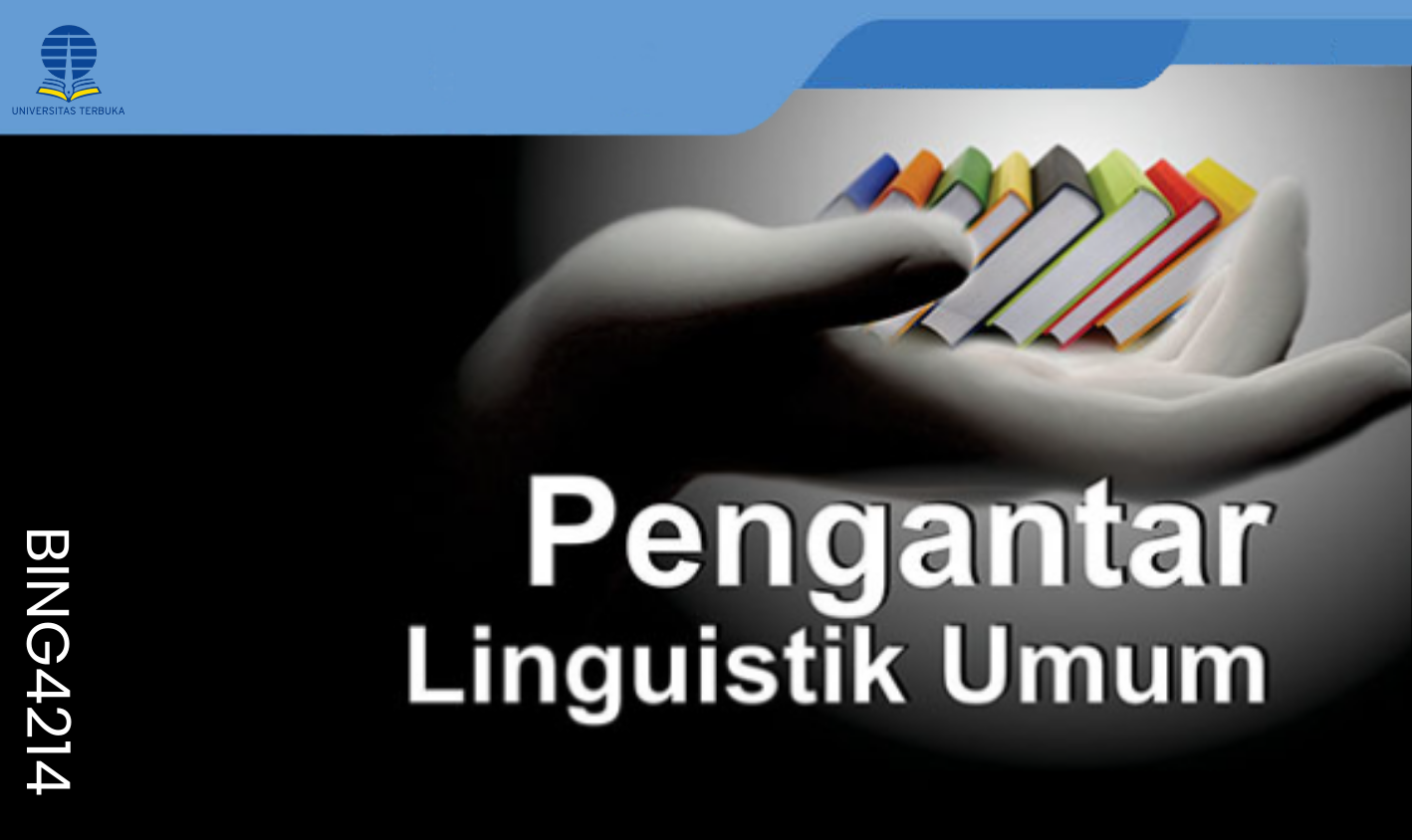
Course Description
Philosophy of Islamic Education is a scientific course that examines the philosophical foundations of education within the framework of Islam. The course addresses fundamental questions about the nature and purpose of education, the role of values in shaping educational policies, and the distinct contributions of Islamic perspectives.
The course introduces students to the meaning and functions of philosophy, the essence and aims of Islamic education, as well as key terms such as tarbiyah, ta’lim, and ta’dib. It also highlights the Islamic understanding of human beings as pedagogical creatures with nafs (soul) and fitrah (human nature), while exploring the philosophical ideas of Muslim scholars such as al-Farabi, Ibn Sina, al-Ghazali, and Ibn Khaldun. In addition, the course examines the practices of Islamic educational philosophy in institutions such as pesantren, madrasah, and similar traditional learning settings.
Main Topics
The course covers the following themes:
Session 1: The Meaning and Function of Philosophy
Session 2: The Nature and Purpose of Islamic Education
Session 3: Sources of Islamic Educational Philosophy
Session 4: Key Terms in Islamic Educational Philosophy – Tarbiyah and Ta’lim
Session 5: The Concept of Human as a Pedagogical Being in Islam
Learning Outcomes
After completing this course, students are expected to be able to:
- Analyze the meaning, origin, definitions, and functions of philosophy and apply them as a foundation for educational thinking.
- Evaluate the comprehensive goals of Islamic education and apply them to contemporary social and educational contexts.
- Examine the Qur’an, Hadith, and turats as primary sources of Islamic educational philosophy and relate them to the development of education across eras.
- Distinguish between the concepts of tarbiyah and ta’lim and evaluate their complementary roles in Islamic education.
- Analyze the concept of humans as pedagogical beings, including their roles as ‘ibad and khalifah, and apply this understanding to Islamic educational aims.
Course Structure
This course consists of five sessions, each designed to provide a focused exploration of major themes in the philosophy of Islamic education. The course is delivered over 85 instructional hours across 5 weeks, ensuring an intensive yet structured learning experience.
At the end of every session, students will be required to complete a quiz to test their comprehension and strengthen their understanding of the key concepts discussed.
Upon completing all sessions, students will undertake a final examination to assess their overall mastery of the course content and their ability to critically apply philosophical insights to contemporary educational issues.
We encourage every participant to actively engage in all sessions, complete the quizzes with diligence, and prepare well for the final exam. By successfully finishing this course, you will not only deepen your understanding of the philosophy of Islamic education but also strengthen your intellectual, spiritual, and professional competence as future educators. Stay motivated, remain consistent, and let this course be a meaningful journey of knowledge and personal growth.
Course Staff
Staff Member #1

Muhammad Sulaiman, S.Pd.I., B.I.S., M.Pd. was born in Cilacap on October 1, 1988. He began his education at SD Negeri 02 Kroya (1994–2000), continued at MTs Mu’allimin Muhammadiyah Yogyakarta (2000–2003), and MA Mu’allimin Muhammadiyah Yogyakarta majoring in Religious Studies (2003–2006). He pursued a Diploma II in Islamic Studies and Arabic Language at Ma’had Ali bin Abi Thalib, Universitas Muhammadiyah Yogyakarta (2006–2007), graduating with the distinction Jayyid Jiddan.
He completed his Bachelor’s degree in Islamic Religious Education at Universitas Muhammadiyah Surakarta (2007–2010), graduating Cum Laude with a GPA of 3.56. During the same period, he also studied at Al Madinah International University, earning a Bachelor in Hadith Science (2007–2012) with the grade Jayyid. His Master’s degree was obtained from UIN Raden Fatah Palembang in Islamic Education (2016–2018) with a Very Satisfactory result. Currently, he is pursuing a Doctoral degree in Islamic Religious Education at the same university, with ongoing progress assessed as Very Satisfactory.
Contact: [email protected]
Staff Member #2
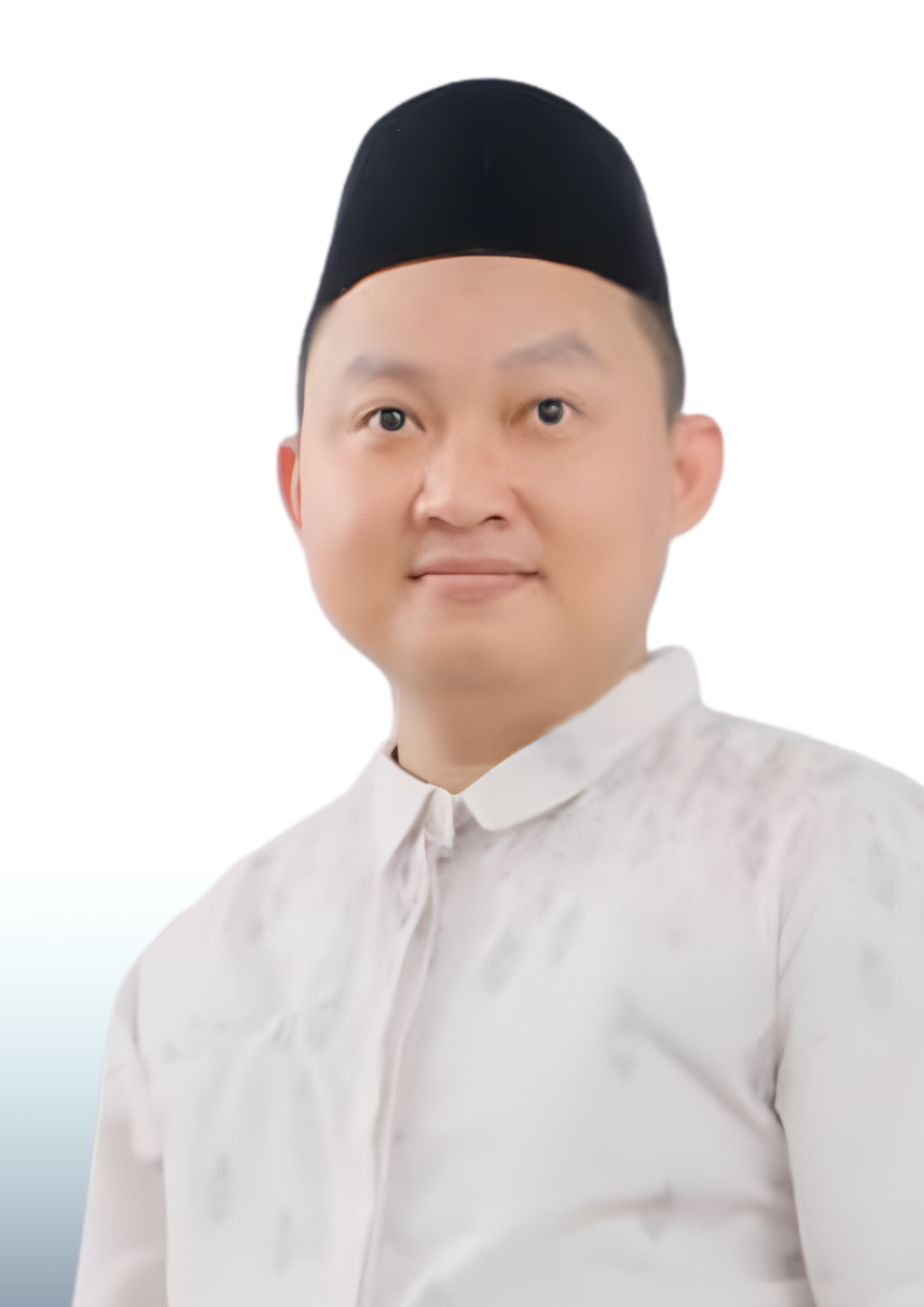
Muhammad Farizal Amri, M.Pd. was born in Bojonegoro on 1993. He completed his primary education at MIM 18 Sumberrejo Bojonegoro, graduating in 2005, and continued at MTs Islamiyah Attanwir Bojonegoro, where he graduated in 2008. He pursued his senior secondary education at MA Islamiyah Attanwir Bojonegoro and graduated in 2011.
For higher education, he studied at Universitas Islam Negeri (UIN) Walisongo Semarang, majoring in Islamic Religious Education. He obtained his Bachelor’s degree in 2015 and continued to the Master’s level at the same university, completing his postgraduate study in Islamic Religious Education in 2019.
Contact: [email protected]
Staff Member #2
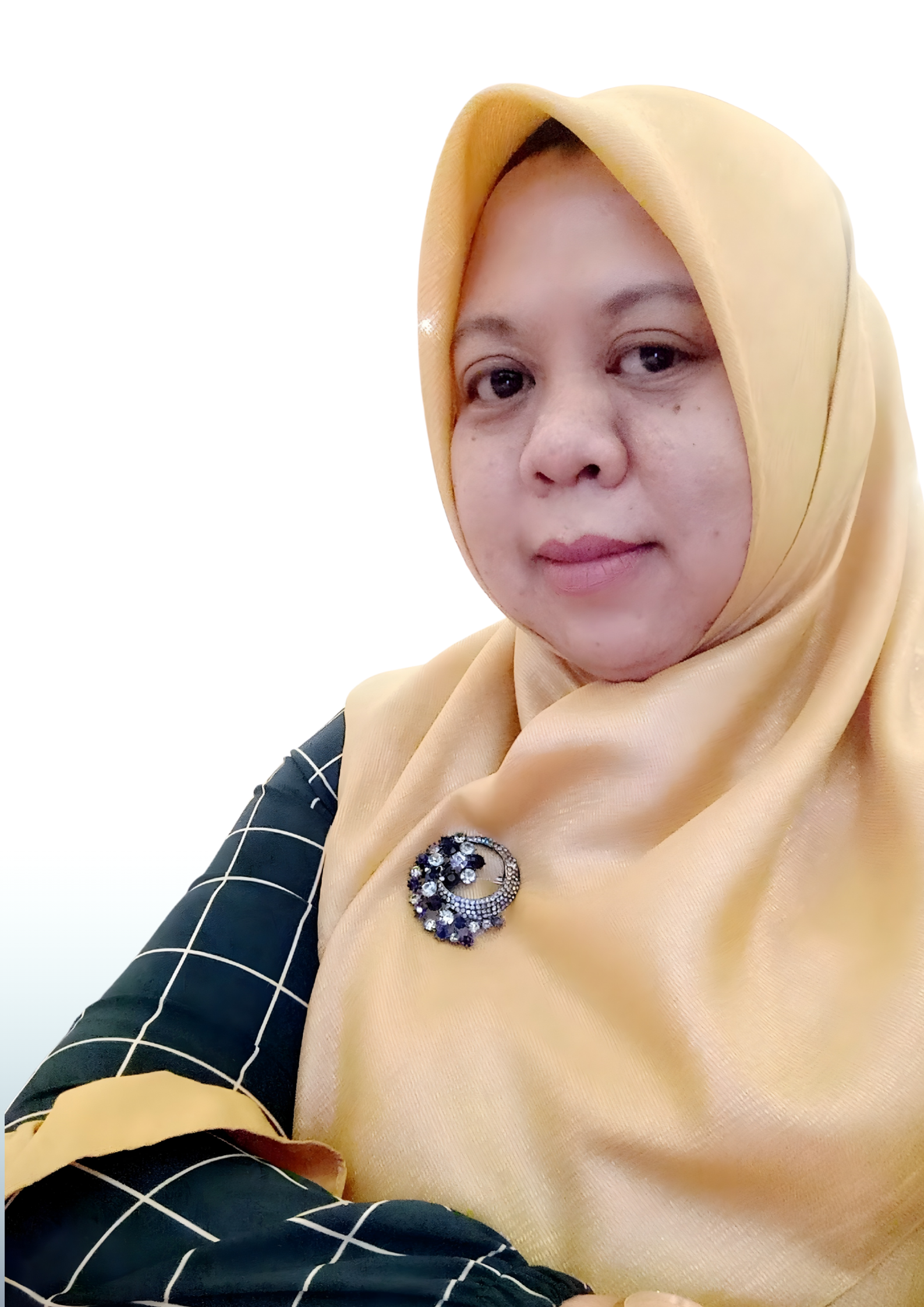
Dr. Ade Imelda Frimayanti, M.Pd.I. born in Palembang, South Sumatra, is a lecturer in the Islamic Religious Education Program at Universitas Terbuka. She earned her Bachelor’s degree from IAIN Raden Fatah Palembang (1999), a Master’s degree from IAIN Raden Intan Lampung (2008), and a Doctorate from UIN Sultan Syarif Kasim Riau (2017), all with a concentration in Islamic Religious Education.
In addition to teaching, she is actively engaged in academic writing and producing learning materials. Her works include Al-Qur’an Hadith textbooks for MTs, a Module of Islamic Religious Education for Higher Education, and several articles on topics such as sex education in Islam, the role of Islamic education teachers, student character development, and children’s education in the context of marriage in Islam.
Contact: [email protected]
Staff Member #4
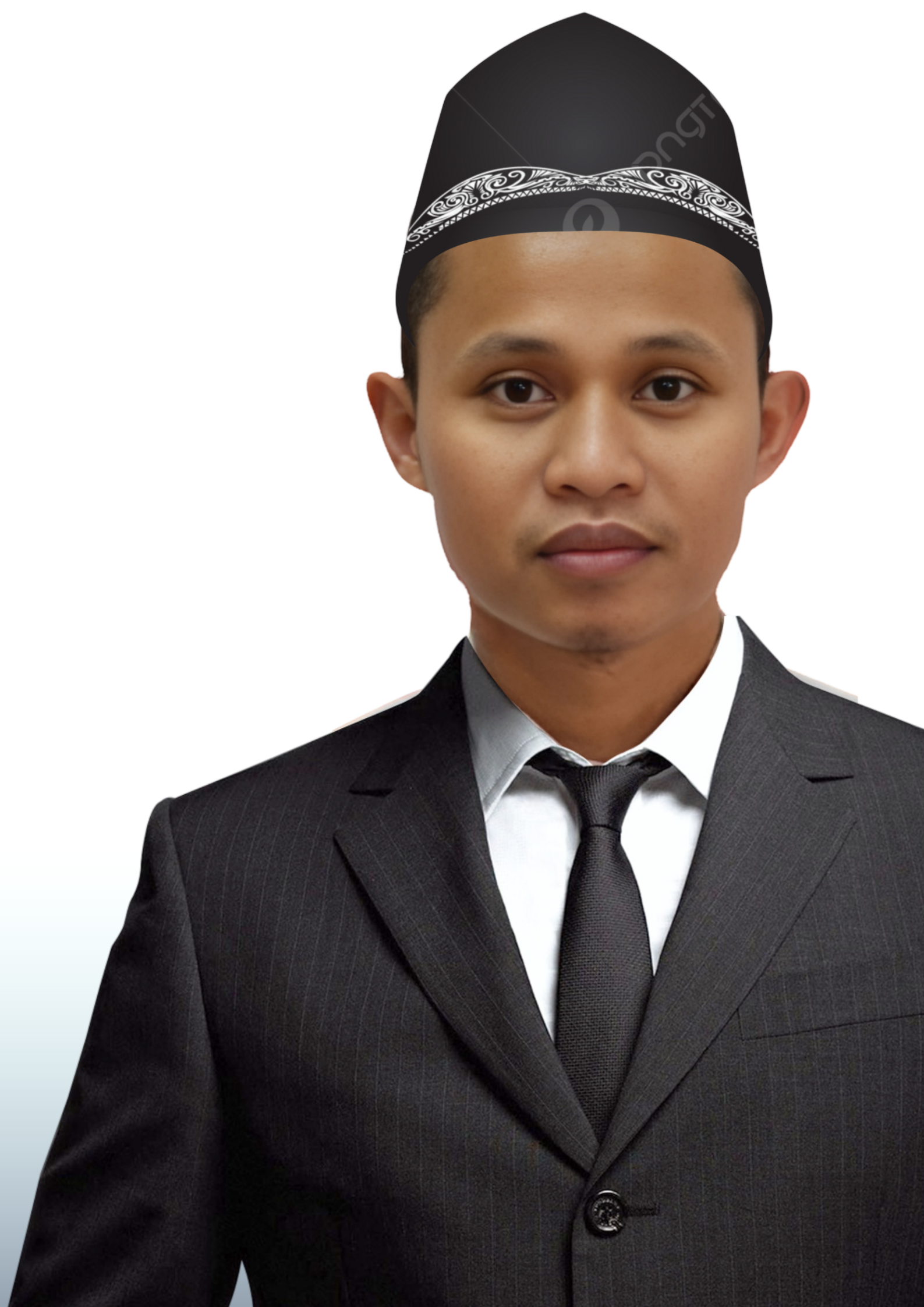
Dr. Imam Syafi’i, M.Pd., is a lecturer in the Islamic Religious Education (PAI) Study Program at the Faculty of Teacher Training and Education (FKIP), Universitas Terbuka. He is widely recognized for his dedication to promoting moderate Islamic values. He earned his Bachelor’s degree from STAI Al-Falah Assunniyah, his Master’s degree from Universitas Sunan Giri Surabaya, and his Doctorate (Ph.D.) from UIN Sunan Ampel Surabaya.
In addition to teaching, Dr. Imam actively engages in research with a focus on digital curriculum development. His scholarly works have been published in national journals and are frequently referenced by educators seeking to integrate Islamic values into modern teaching strategies.
Beyond his academic career, he has been actively involved in community service. From 2020 to 2024, he served as a religious counselor and Qur’an teacher trainer, while from 2012 to 2024 he also held the role of mosque imam in Surabaya. His community involvement ensures that his teaching remains relevant, applicable, and spiritually impactful for his students.
Contact: [email protected]
Staff Member #5
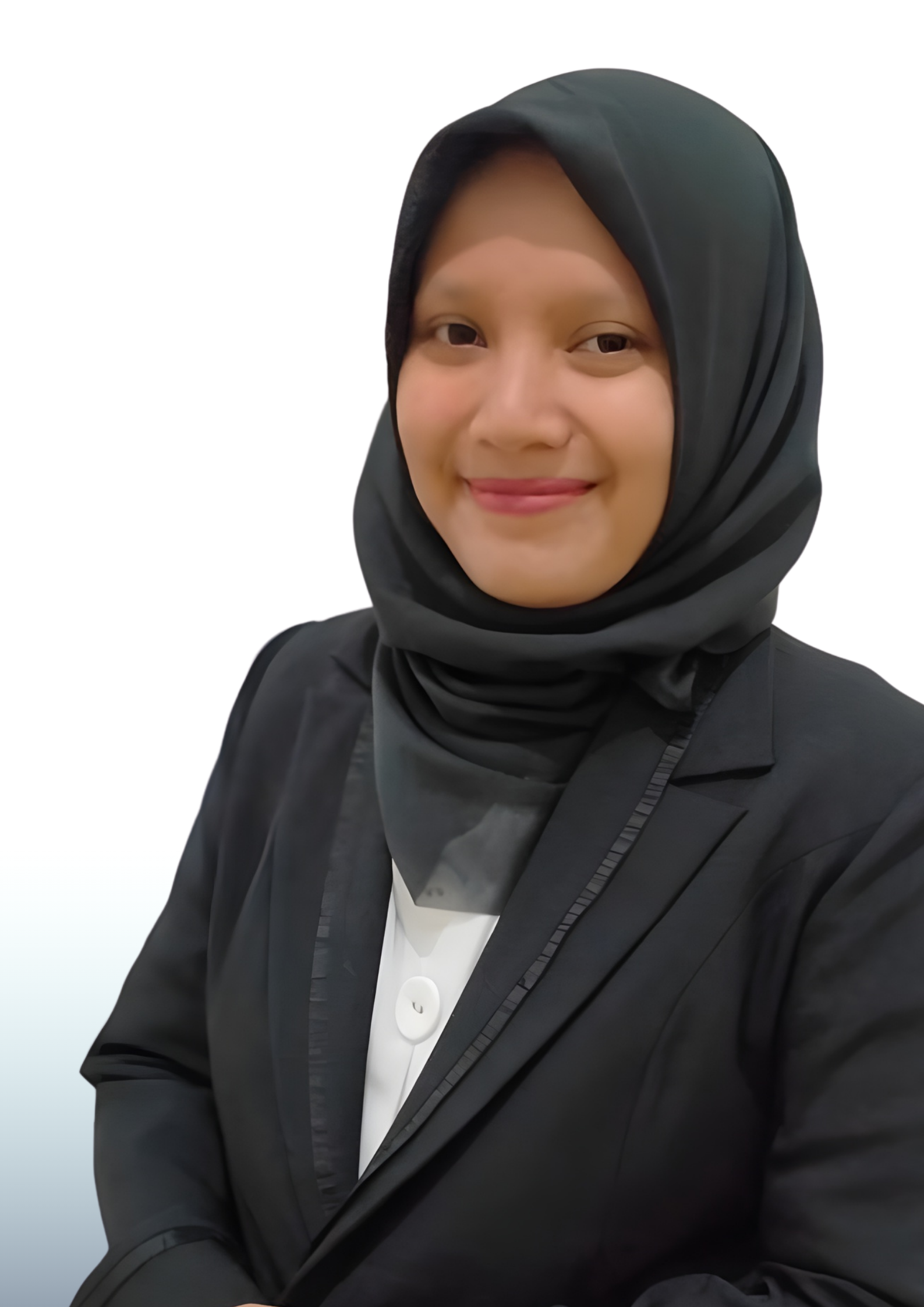
Sariyani, M.Pd., born in Karanganyar, is a lecturer in the Islamic Religious Education Program at Universitas Terbuka. She completed her early education at SDN 1 Genengan, SMPN 1 Jumantono, and SMKN 1 Karanganyar, before pursuing higher studies at IAIN Surakarta. She earned her Bachelor’s degree in Islamic Religious Education and continued her Master’s degree at the same university with a concentration in Modern Islamic Thought.
Since 2019, she has been actively teaching both at the madrasah level and in higher education. Passionate about literacy and writing, she won first place in a faculty-level poetry competition and has enriched her experience through non-formal education at PPM Darussalam Kartasura and PPM Munawir Sadzali Kartasura.
Contact: [email protected]

